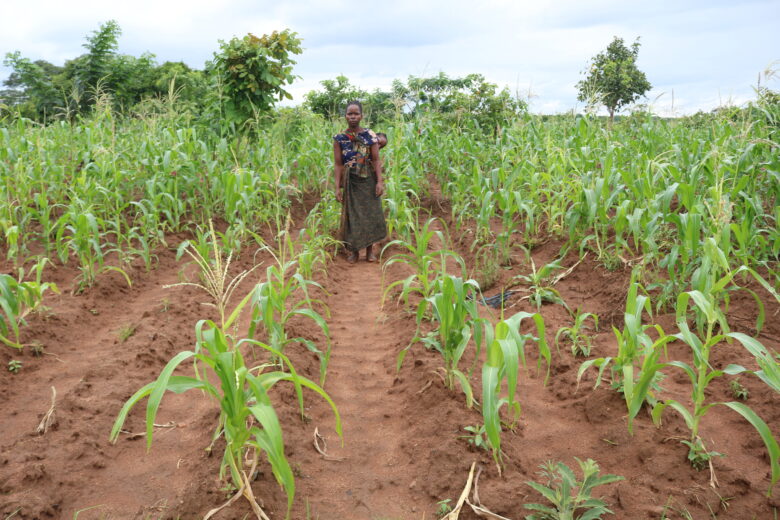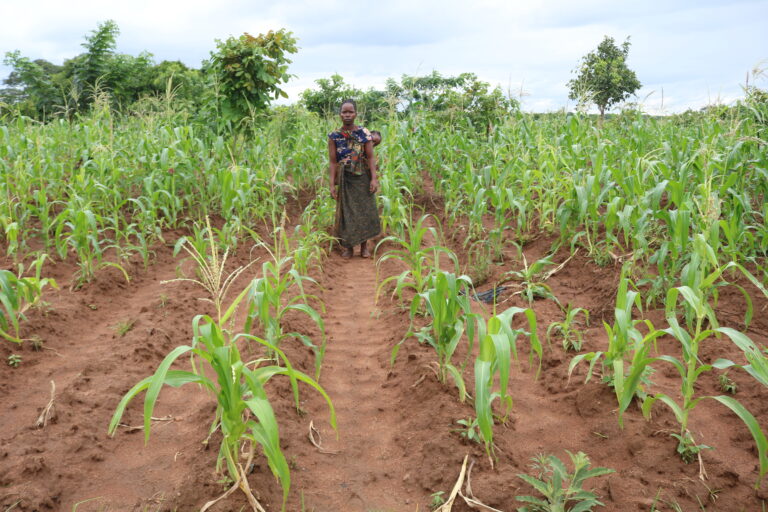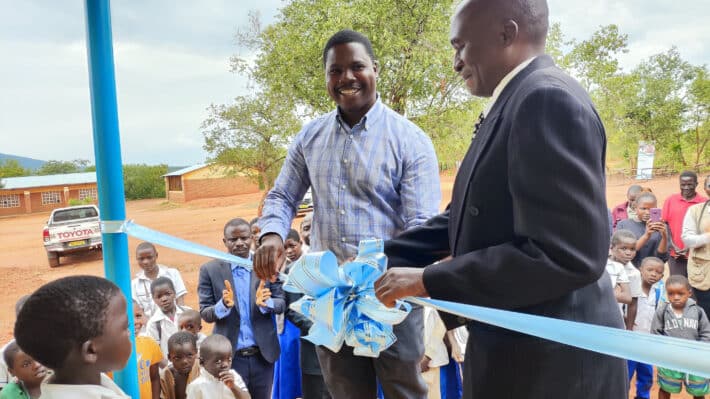The Life of a Subsistence Farmer in Rural Malawi


The Life of a Subsistence Farmer in Rural Malawi
Despite farming for many years, Esnart Makilaudi from Mantchondo village in Kasese, Dowa, says she has nothing tangible to show for her long days of toil.
“I have been growing various crops for the past 9 years. Despite my hard work, there is not much that I have benefitted from my hard work if not food, just to sustain my family of 7 for only a few months,” says Esnart.
What is Subsistence Farming?
Subsistence farming is a form of farming in which nearly all of the crops or livestock raised are used to maintain the farmer and the farmer’s family, leaving little, if any, surplus for sale. However, most subsistence farmers in rural Malawi hardly fit in this definition as what they produce is often too little to sustain their families to the next harvest due to shortage of land, high cost of inputs and lack of knowledge.
For Esnart, harvesting 4 bags of maize from her rented one acre field only sustained her family up to October 2023, leaving them without maize for several months until the 2024 crop can be harvested.
Malawian Subsistence Farming Often Does Not Meet The Need of Families
Most farmers in rural Malawi have one acre or less for cultivation. Additionally, many farmers do not own their own land, but instead lease land from someone else at a high price. This affects the amount of harvest they produce on such a small land, leaving them vulnerable to acute food insecurity.
Most subsistence farmers also rely on rainfed agriculture as they cannot afford irrigation equipment. In cases when the weather conditions are not favorable, it affects their crop production. Lately, in most parts of Malawi there have been dry spells which have posed risk for those farmers who rely on rainfed farming as it means a great peril for their harvest.
A Dangerous Pattern
High cost of farm inputs such as fertilizer and pesticide make it more costly for farmers to afford the necessary up front investments. As such, many grow crops without applying fertilizers and pesticides, reducing their harvest and putting it in greater danger of failure.
“In this year’s farming season, I could not afford fertilizer for my one acre field. Adding to that, my maize field was attacked by armyworms but I could not afford pesticides. This was worsened by the dry spells that Malawi experienced for weeks,” narrates Esnat.
If one year’s farming investment fails, the next year’s farming inputs will be even more difficult to pay for, deepening the cycle of poverty.
Orant’s Agriculture program not only teaches farming and business classes, but also provides maize for less fortunate families during the time when they need it most.
Learn more about Orant’s Agriculture program and the work we are doing to help farmers in Malawi.




